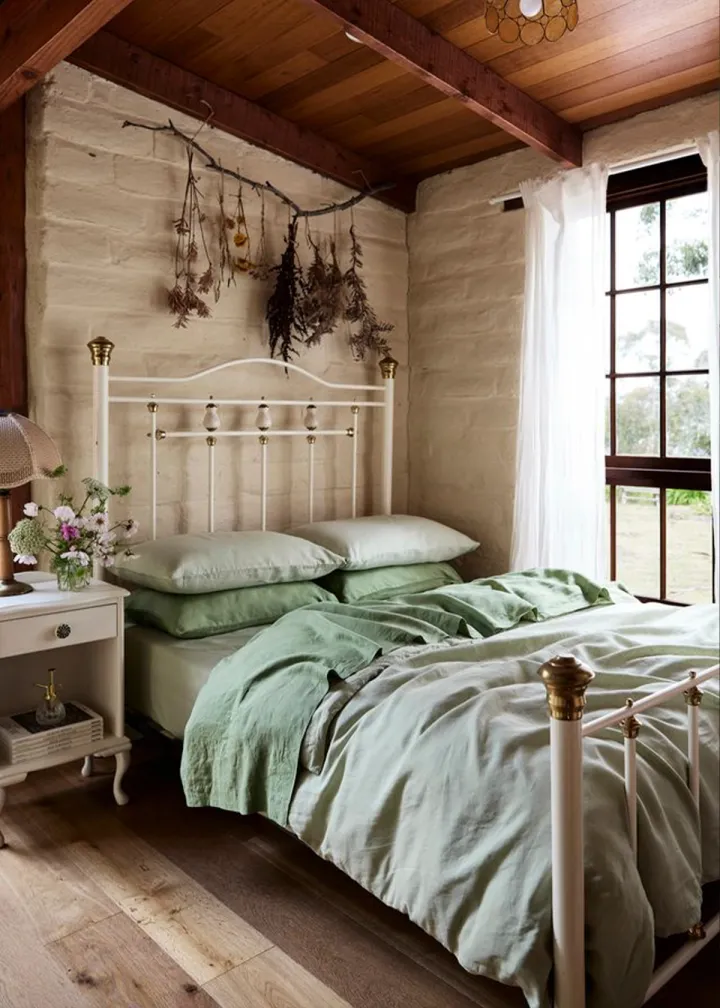
How to Spring Clean Your Linen Cupboard in 6 Easy Steps
Spring has sprung and it's time to tackle your linen cupboard.
There’s no better time than April for a little spring clean. While the sun comes out and everything blushes back into life, we like to take stock of what we have in our home and think about ways to revive, refresh and renew what we already own.
When it comes to your linen cupboard, there are a few key steps that you can take to give it a little update in time for the warmer months, all of which will help you figure out what you have, what you need, and what to donate or repurpose.
Here is our handy guide for spring cleaning your linen cupboard – block out a weekend and let’s get to it!
Stock up on Linen
Enjoyed This?
Discover more linen care tips.











